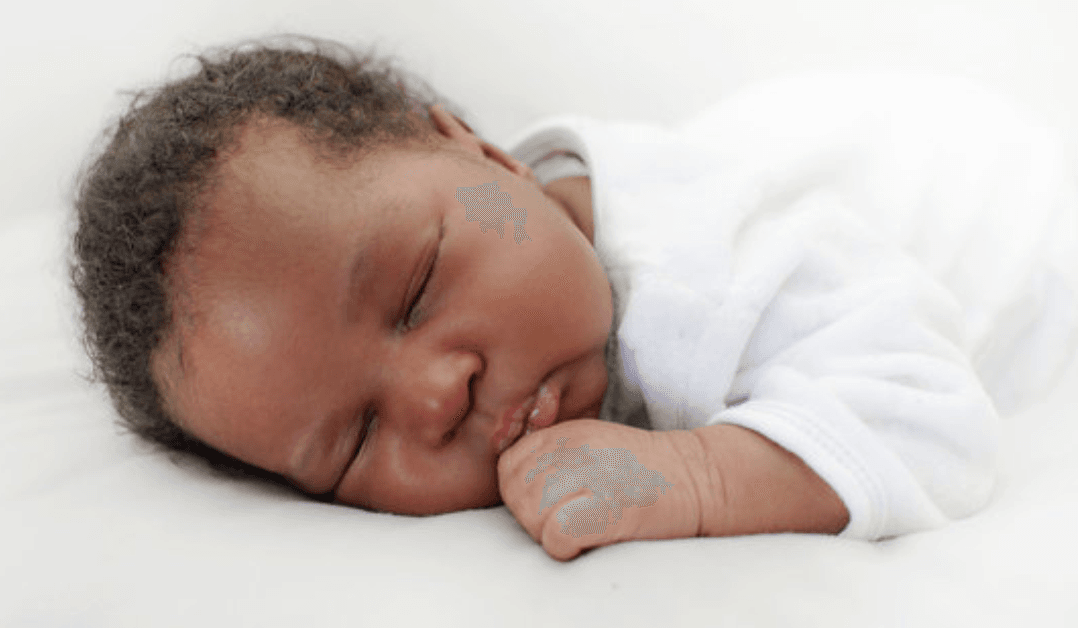[ad_1]
In a study that sampled 1.96 million births in the U.S., it was found that babies born into affluent black families have low survival rate compared to babies from rich white families.
The National Bureau of Economic Research published the study that surveyed births between 2007 and 2016 in California last month. California presently holds the record for the state with the highest number of births in the U.S.
The study concealed citizens’ identities from the Census Bureau and the Social Security Administration, while recording demographic data, hospital records, births, deaths, and income tax information.
Explaining that systemic racism played a crucial role from the conception up until the delivery, the research showed that its effects on childbirth begin long before the pregnant woman goes to a hospital.
The study showed that although children born by wealthy white mothers had better chances of survival than those born into poor white families, wealth played no role whatsoever in the survival chances of black newborns, as they were still likely to die.
“It suggests that the well-documented Black-white gap in infant and maternal health that’s been discussed a lot in recent years is not just explained by differences in economic circumstances. It suggests it’s much more structural,” Maya Rossin-Slater, an author of the research said.
Ms Rossin-Slater is an economist and a student of Stanford University, where she is studying health policy. She authored the report alongside Sarah Miller, health economist at the University of Michigan; Petra Persson from Stanford, Kate Kennedy-Moulton from Columbia, Laura Wherry from N.Y.U. and Gloria Aldana from the Census Bureau.
“As a Black infant, you’re starting off with worse health, even those born into these wealthy families,” said Ms Miller.
Examining a tenth of the high-earning black women, the research showed their children were either born premature or underweight, which was not the situation with richest and poorest white mothers.
A public health economist, Tiffany L. Green, explained that “this isn’t about biology” but “about the environments where we live, where we work, where we play, where we sleep.”
Researchers claim that racism’s cumulative impacts, including air pollution in some places with a high black population and other issues black people face, have an impact on both the mother and the unborn child during childbirth.
“Even when it’s not about the direct disrespect that’s going on between the patient and the care provider, there are many ways systemic racism makes its way into the well-being of a pregnant or birthing person,” asserted Amanda P. Williams, who serves as a clinical innovation adviser at the California Maternal Quality Care Collaborative.
[ad_2]
Source link



